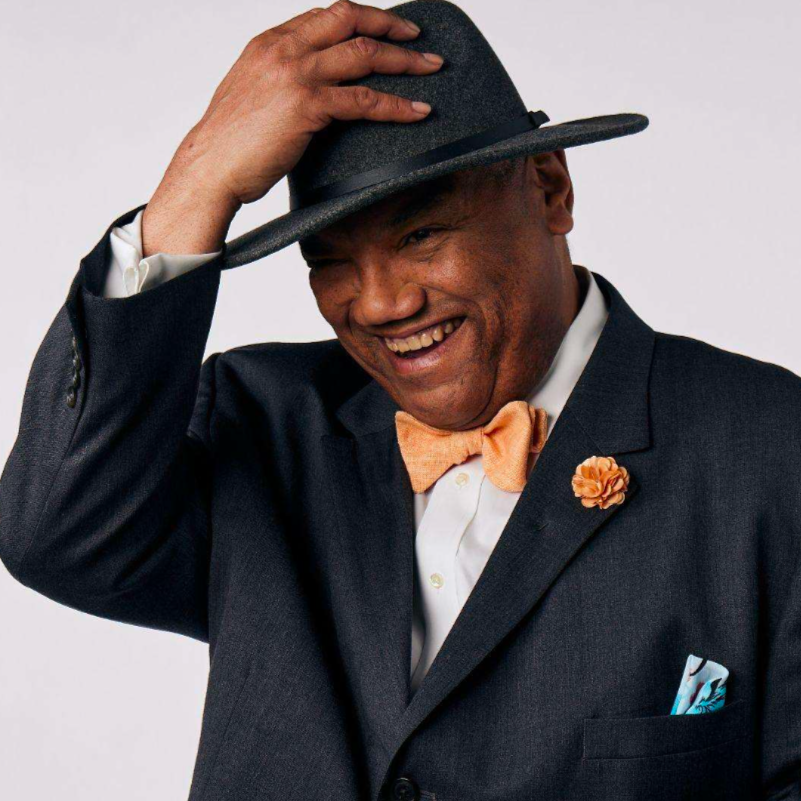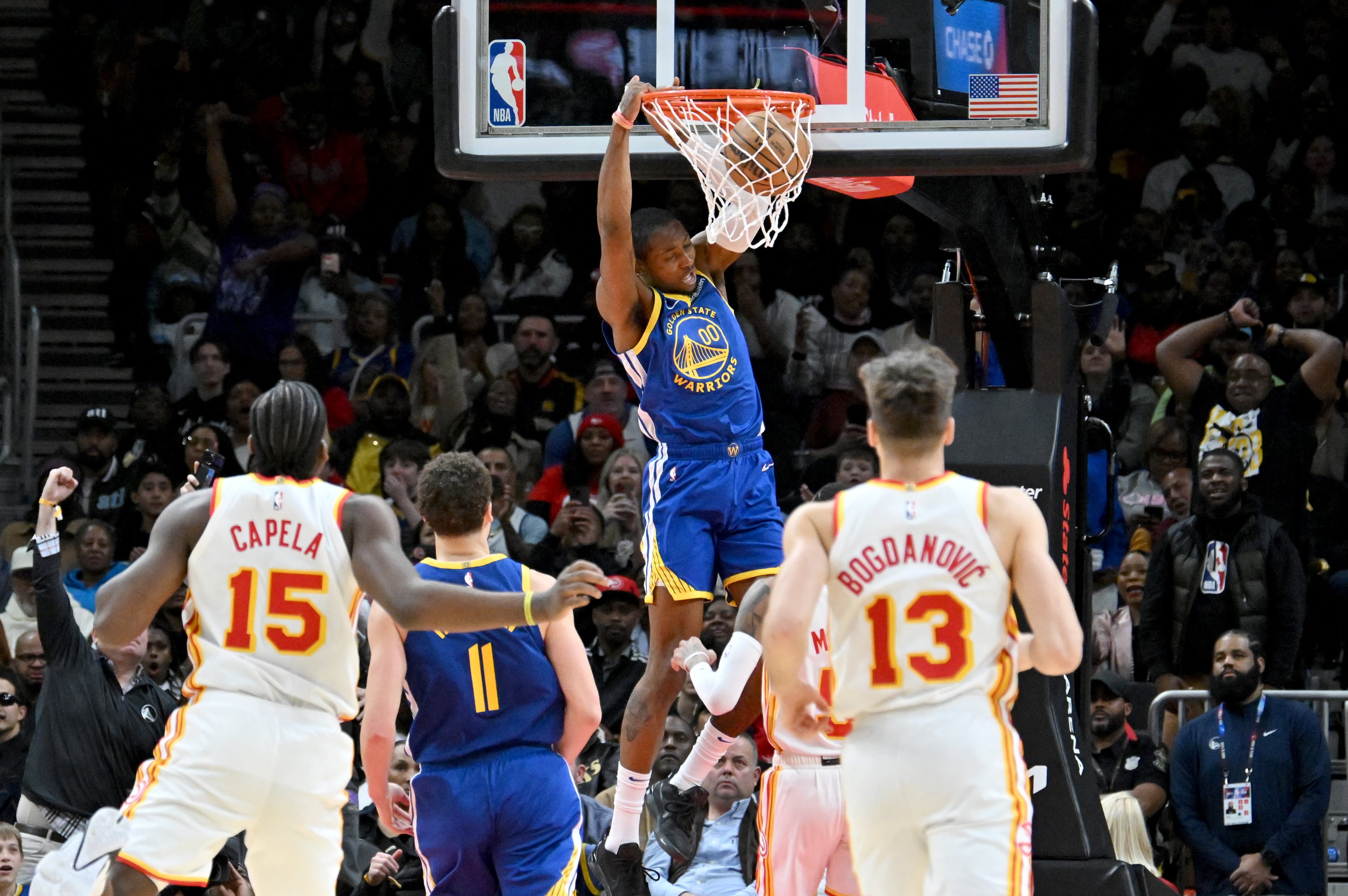Sharpe makes trip from Savannah State to Canton
The late Bill Davis’ unique recruiting pitch lured Shannon Sharpe to Savannah State back in the mid-1980s, sending him on a football journey that will culminate with his enshrinement Saturday in the Pro Football Hall of Fame in Canton, Ohio.
Davis envisioned great things for the tall and slender kid from Glennville. But even Sharpe wasn’t absolutely convinced that his would-be coach was telling the truth.
“He said, ‘if I owned an NFL team and if I had the first pick in the draft, you’d be the first player off the board,’” said Sharpe in a telephone interview Tuesday.
With his older brother, Sterling, already shining at South Carolina and headed toward a first-round selection in the NFL draft, Shannon bit on the cheese Davis left for him. He wanted to follow Sterling into the NFL.
“When he told me that, it resonated with me,” Sharpe said. “I thought, obviously, here is a coach that thinks a lot about my ability and thinks I could add a lot to the program. It was the best choice that I could have made.”
Sharpe went on to rule the Southern Intercollegiate Athletic Conference and was selected as a Division II All-American. Denver chose him in the seventh round of the 1990 NFL draft.
Sharpe’s career didn’t take off quickly, as he caught only seven passes his rookie season. But he kept impressing the coaches in practice until they created a role as a pass-catching tight end for him.
“I went to the best situation in the Denver Broncos with Dan Reeves,” Sharpe said. “I got an opportunity and took advantage of it.”
Sharpe caught 815 passes for 10,060 yards and 62 touchdowns over his career. He was selected to eight Pro Bowls and named first-team All-Pro four times.
Sharpe helped the Broncos win two Super Bowls, including Super Bowl XXXIII over the Falcons. He also won a Super Bowl ring with the Baltimore Ravens.
“I like him having the same color helmet [instead of] trying to defend him,” said Falcons coach Mike Smith, who was an assistant coach on the Ravens’ Super Bowl staff in Super Bowl XXXV. “We had to play [against] him in a playoff game [earlier], and he wore us out pretty good. Shannon became the first really athletic [pass-catching] tight end.”
Sharpe’s play changed the way teams view the position, but he still did his share of the dirty work.
“Everybody talks about his pass-catching ability, but he could block,” Smith said. “He was a very competitive player and passionate. Most of the guys that end up where he’s going this weekend are those type of guys.”
He credits former Denver quarterback John Elway with lending a big hand in his climb to stardom.
“I was very fortunate to play with a quarterback for nine years that believed in me, trusted me,” Sharpe said. “He trusted my decision-making.”
Sharpe believes that tight end is an important part of the NFL and its future as a passing league.
“You see the [Tony] Gonzalezes, the [Antonio] Gates, and the Dallas Clarks putting up numbers,” Sharpe said. “Because of the rules that they implemented to really help the passing game and the offense, I don’t think there’s ever going to be a day again where you see the 260-pound guy that can just block.
“You need a tight end that can get you 50, 60 or 70 catches to be successful and have a successful offense.”
Sharpe had no idea his journey would take him to Canton.
“I just wanted to play three or four years in the National Football League,” Sharpe said. “That way, I could at least tell my kids ‘your Dad played in the NFL.’ ... The next thing, low and behold, you look up and you’re 10 years in and you’ve won [three] Super Bowls.”
Sterling Sharpe, a five-time Pro Bowler who was on his way to Canton before a neck injury cut his career short with the Green Bay Packers in 1994, will present his younger brother.
“He was better than me,” Shannon Sharpe said. “I wasn’t supposed to be that good. It was supposed to be the other way around, but we’re going into Canton together.”



